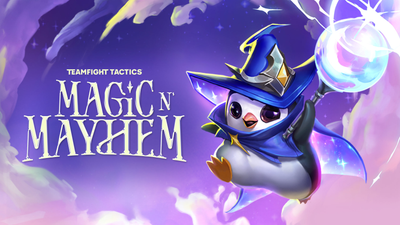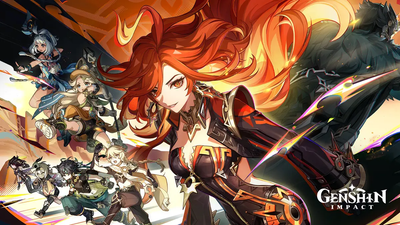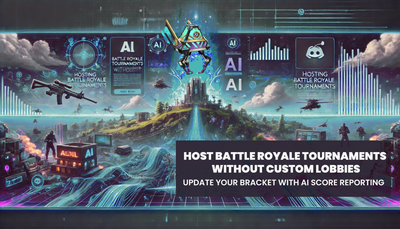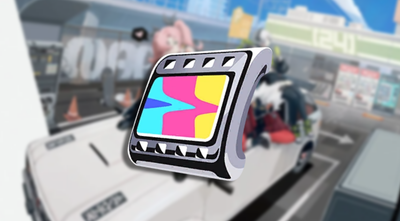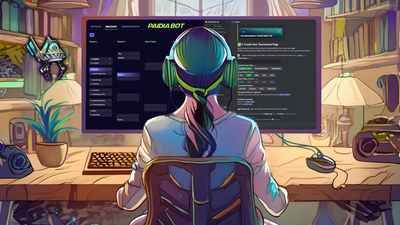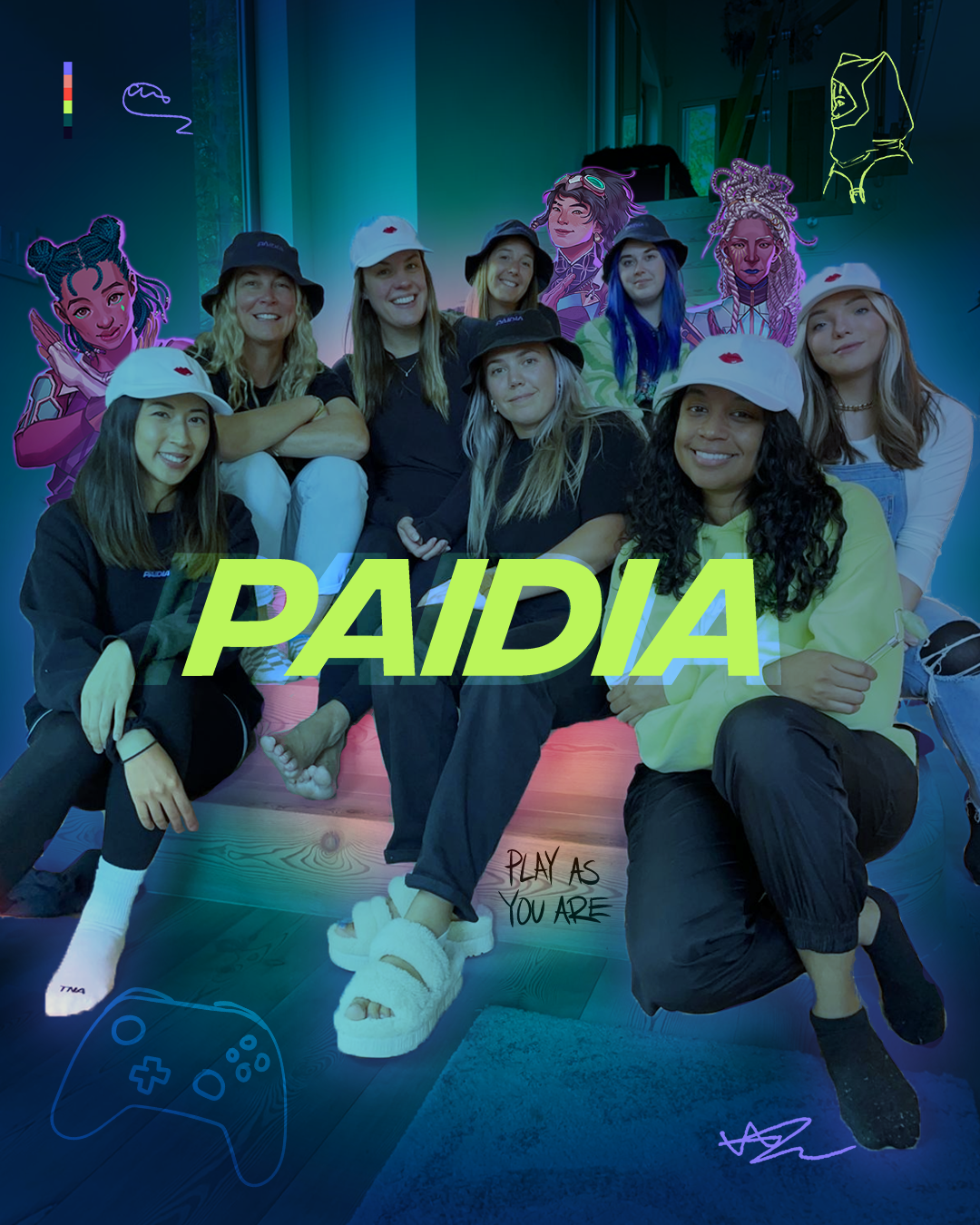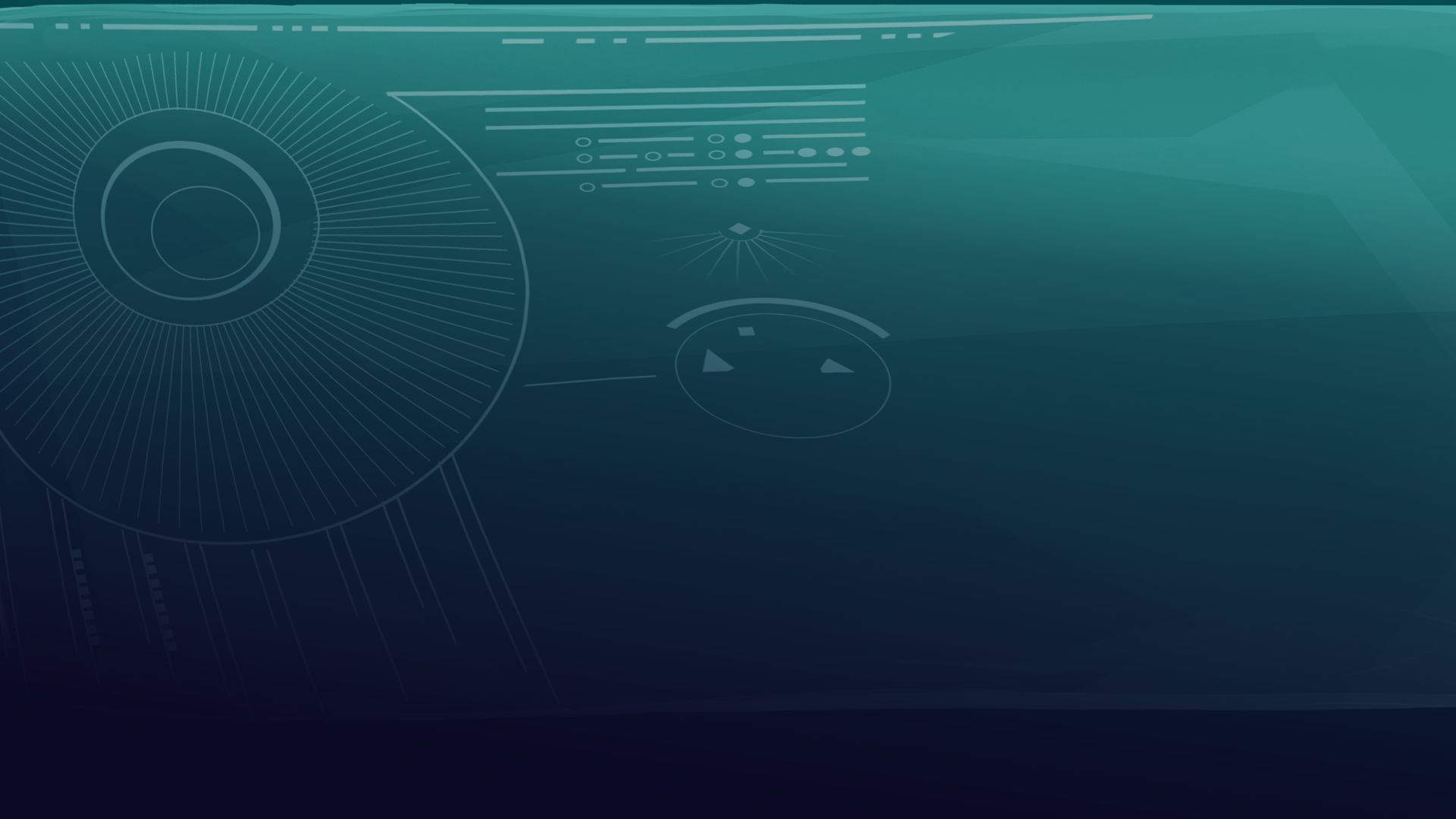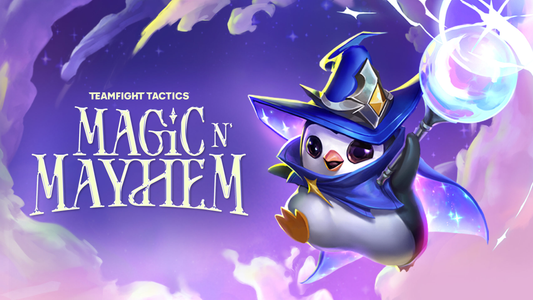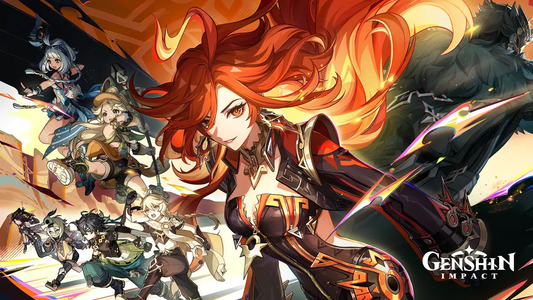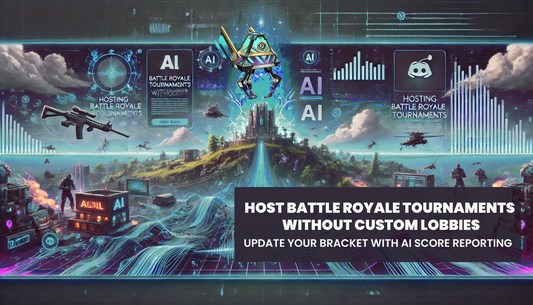Originally posted on June 15, 2022
This month, we are highlight LGBTQA2S+ game developers and creators in the gaming space and we are thrilled to be joined by Sam Maggs, an author of books, comics and video games as well as a host extraordinaire.
Jessica Rodrigues (JR): Sam, you say you credit your parents for your love of fandom with them seeing Star Wars over 20 times in theatres, but where did the love of writing come into play?
Sam Maggs (SM): That’s a great question. Well, I’ve always been a big reader. I am an only child so I had to entertain myself a lot growing up and I am also a bit shy and introverted. I spent a lot of time reading growing up and the more I read, the more I fell in love with the sci-fi genre. I read a lot of Tamora Pierce and I watched a lot of sci-fi TV and movies and became immersed in world building. It was a form of escapism. All books offer escapism, but especially the fiction genre. I loved consuming it, playing it, reading it and watching it – this is all I want to do. That’s where the love came from!
Also, I am a millennial, but my dad is a computer science professor and I got my first laptop when I was in 6th grade. For younger generations now, this seems meaningless, but at the time this was cutting edge! I had my own word processor at 11 years old so I started writing stories on my computer very early on and I just never stopped. This was 1999!

JR: From here, you have written books and comics, and most notably for our audience, video games. In a historically male-dominated industry, can you talk to us about how you create unique protagonists with agency and meaningful character arcs? Why is this important?
(SM): For me it was thinking about what games impacted me growing up and why. The first game I ever played and became obsessed with was Baldur's Gate and Baldur's Gate 2. Thinking back, it was really because this was the first game with a character creator and the first game where I could play a female character. I think that had a big impact on me to really see myself in the game. So when I got into the industry, after years of playing more amazing RPG character creator games like Dragon Age, Horizon Zero Dawn, I realized this is what I want to see more of and felt like I had a responsibility to provide that because it changed my life. Hopefully, I can make people feel more included because games are for everyone and everyone deserves to see themselves as the hero in games. I am very passionate about this in everything that I write, but especially in games because, as you say, it is a traditionally male dominated industry even though more than half of videogame players are women. We are very underrepresented considering we spend a lot of money on them! It’s getting easier, but to this day it takes a lot of time and research. I spend a lot of my time presenting data and market research that says if you have a female protagonist, it’s OK. People will still buy your videogame. There is still a lot of convincing and preconceived notions that I have to get past. With games like Horizon Zero Dawn, with strong female protagonist, it’s getting easier now than it was. It’s still an uphill battle, but it is worth it. The women who made games before me made it easier for me and hopefully me doing this will make it easier to do this after me.
JR: You started in the gaming space very early on, can you tell us about what kind of progress you have seen thanks to creators like yourself?
(SM): There has been a ton of progress especially within the last 10 years and I think a lot of it is due to social media. I am also very flattered by what you just said! Thank you! Player and consumer ability to speak directly to the studio developers and corporations that are making these games. To be able to say: “we are an audience with money; we are being neglected; we are being underrepresented; here is how we are being poorly represented and here is what we want to see – you should fix that”. Being able to vote with their dollars and their voices – social media gives us a platform to speak directly, hopefully in a professional and kind way, with people who make the things we love.
It is a lot easier to write your own article as to why things in games don’t work and go live on social media. Not to be cynical, but studios are driven by profit. Videogames are art, but they are produced by corporations who have profits in mind. Bad press can lead to bad sales and studios want to avoid that. The more we speak up about injustice and underrepresentation in games, I think the better! But don’t harass people.
JR: You completely read my mind with the next question! At Paidia, our ethos is Be Supportive, Be Inclusive, Be Kind with a Paidia pledge for all new joiners to uphold these values. Outside of the Paidia and similar platforms, do you feel like the rise of social media has allowed fandom communities’ voices to be heard? Has this made a positive impact?
I will add, with posting publicly, you can open yourself up to negative commentary. How do you deal with that aspect of public discourse?
(SM): I love the pledge!
No one has ever said anything mean or disparaging about me on the internet – so I have no idea what you are talking about.
That’s an interesting question. I will say that I also prefer to look at this positively. While we spend a lot of time hearing about potential negative impacts of social media, I have gotten every job I have ever received in my career through networking that I have done online. I have found out about positions, met mentors, people have seen my resume – all through networking through social media. Some of my best friends in the gaming world have come through connections through Twitter, through Instagram and through Discord. There is so much positivity that comes out of these online environments. On a professional level, it has been so important to me to get my work seen. It’s imperative to put your work out there for the world to see on social platforms.
It’s important to also discuss the realities of being a woman in games and that there is sometimes bad stuff that can happen. I have a big sticker on the front of my PC monitor that says, “Don’t Google Yourself”. For a while, whenever I wanted to self harm, I would Google myself or go to 4chan and read a lot of the horrible misogynist things people would say about me. It can be a way to put yourself down if you want to feel bad about yourself. But it is really important to remember that, if your work is making these types of groups angry, then you are probably doing something right! If not, you should question the meaning or themes you are putting out into the works with your art. It now serves as a positive reminder that if your work has a message – not everyone will like it. Not everyone has to like it! That’s totally OK, though it might be hard to internalize for a creator. I think a lot of creators know that you can read a thousand positive messages, but one negative message might stick in your craw forever. I think it’s important to make yourself proud of your work first. My experiences online have been overwhelmingly positive and definitely eclipses any negative comments that I have experienced online.

JR: You have written for some incredible games, including Marvel’s Spider Man Miles Morales, Star Wars, Scavengers and Call of Duty Vanguard. Can you explain more of the writing process? How do you create characters like Polina Petrova? Is this kind of writing a collaborative process?
(SM): I would say that videogame writing is the most collaborative form of writing in any of the mediums that I work in. Novel writing is the most solitary and comic book writing is a happy medium of doing your own thing, then collaborating with a small team. In games, you could be working on a project for a big company like Ubisoft with 1600 other people. At some of the AAA Studios I have been at; I have worked with 300 people. That is a lot of people to be creating the same art simultaneously. So, everybody has to be on-board and a big part of your job as a writer is making sure the team is excited about what they are making. Writing is an upstream team. Our work has to be done first. We are the blocker. All the characters have to be created and all the writing has to be done before others can start their work. If you can’t get people onboard with your story or excited by your characters, that’s going to be a problem!
Not only in video games are you a writer; you are collaborating with all these different people in lighting, environment, your rigging team, your IP holder, creative director, game director, and studio heads – all in addition to all your colleagues. Everyone has to be excited about this THING you are making. So, in videogame writing, you have to be a good communicator. Often times, you also have to be a good presenter and you have to convince people that what you are making makes sense and is good. Especially with IP holders because they own these characters and they want to make sure what you are doing with them makes sense and is respectful. There is a lot of compromise involved.
In game writing, narrative is not the most important thing. The most important thing in a game is that it is fun to play. That it feels good to play. That it is a good playing experience, so narrative has to serve that above all else. This means it has to work in tandem with game play and it has to complement everything else. If you are writing and just want to bring your vision to life in the purest form, game writing is not for you. Game writers compromise constantly while telling the best story they can to the best of their abilities within the game they are making. That’s what I enjoy most in game writing. I find that constraint fun and exciting and it’s where a lot of innovation in storytelling can come from. It forces you to problem solve in unexpected ways that you do not have to do when writing a novel. In novels, you can write whatever you want! There is no one to tell you, “We can’t put that on the screen. We can’t rig that. We can’t afford that or our IP holder says that doesn’t sound like that character and you can’t actually use that planet because we are setting a story there in 2027…”.
It is also really exciting because you have 300 other brains who can help you come up with things that you would never think of on your own. The process itself from a moment-to-moment standpoint differs drastically depending on what game you are making and will change depending on what programs you are working in. Every studio is different with regard to approvals, but overall, it is very collaborative and I love it.
JR: For newcomers and budding writers, what is some advice you can provide or some tips you can share?
(SM): I would say people can’t hire you unless you have a portfolio. If I am going to hire you, I need to know what your writing voice sounds like and I need to know what your perspective is. What I always recommend is making your own text-based game on Twine. It is a totally free online resource! You can go to twinery.org and make your own point and click, choose your own adventure book-style game. It is super easy to learn and there are tutorials on the website with basic coding. It is very simple and you can make it more complex! But if you make you own point and click text-based game, that’s going to show people that you understand branching dialogue and that you are willing to learn a new tool (as you have to use a lot of proprietary software when game developing depending on the studio) and it shows me your writing style. Games are expanding rapidly. They are the biggest entertainment industry, eclipsing movies, TV and music all put together so there has never been a better time to get into writing, but people can’t hire you unless they can see your work. If you don’t finish things, you can’t put it out there. Finish something, put it on your social media, twitter, use it to build a portfolio.
You can also put together game writing samples. Put together some barks such as what are some of the different ways Spiderman would say, “over there”, “look out” or “reloading”. Show people that you understand that type of game writing. Writing a script can also be great! We write a lot of our performance capture scenes in a traditional TV or movie format. Writing a scene can also be great. Again, it shows style perspective. Essentially, start building that portfolio. Finally, networking. I hate saying that because I am a shy introvert who never wants to interact with people, but networking is super important. The instinct is to network with those you admire - like looking up at your mentors and that is great, but it’s more important to network with your peers as those are the people who are coming up in the industry at the same time as you. Find your community and make your connections genuine.
JR: What are some of your favourite games right now?
(SM): Oh gosh. I just finished playing Horizon Forbidden West and it was breathtaking. Absolutely incredible. I cannot wait for the 3rd game. It is so expansive with such great characters and way better than the first game, which was already my favourite game so I don’t know how they did it! I also just finished playing Unpacking which is a smaller indie game with absolutely no dialogue, but some of the best and most creative narrative design I have ever seen in a game. Essentially, you are unpacking a girl’s room as she moves through her life such as her childhood bedroom, then her dorm and then moving in with her first partner. You understand her life through these objects that you are unpacking in each of these locations and it is incredible. I am also always replaying Mass Effect. Always making the same choices! That’s my comfort game.
JR: Who are some of your favourite queer game characters?
(SM): Another great question! Unpacking is a queer game. It focuses on a sapphic female character.
I love Liara T'Soni from Mass Effect. I also think Juhani from kotOR was the blueprint. She was one of the first visible lesbian character in games. I’m still such a big fan of her and her story. I got to work on the kotOR remake for a while, though I can’t say much about that, I am still a huge Juhani fan.
I think I read a lot of characters as queer in games which is an experience a lot of queer gamers can relate to because we were starved for so long!

JR: Are you able to tell us more about what you are working on now? I understand you have a novel coming out in August and how are you keeping busy during Pride month?
(SM): Things that I am working on now that I can talk about…
I am currently the Narrative Lead for Wizards of the Coast – their digital publishing and licensing division. I am on the publishing arm of Wizards of the Coast video game division.
Any studio making a D&D game, or a Magic: The Gathering or Hasboro property game is funneled through our publishing division and I get to help work on the story and characters for all of those games. I will also say that at Wizards of the Coast, diversity and queer representation are super important on my team in particular (over half of the team members are queer) so we are very dedicated to telling queer stories that and it is great to work on a team where my values are reflected by the rest of the team and leadership. It’s been a cool experience. It’s really great to work at a place where I can say, “we need more queer characters”, and the response is Yeah! Obviously, we do! It’s very reassuring.
I can’t discuss any specific games we are working on right now! I am no longer working on kotOR, unfortunately, I had to move on from that opportunity to take this role full time. That game will be amazing. I have no insight as to when it will be done but I can’t wait to play it.
I also just finished Tiny Tina's Wonderlands which is a game that I worked on and it just came out! It also has a lot of queer characters and queer representation. That’s my most recent game project and I am so proud of it. The folks at Gearbox were so incredible and I would work with them again in a heartbeat. The game is also so funny, if I do say so myself. I am working on more; I just can’t talk about it!
JR: What are your future goals and visions?
(SM): It is my dream in games to see more female and non-binary playable characters and more queer relationships being represented. Being queer is one of the most important parts of my identity and I think now more than ever, it is important to normalize queer relationships through media. While it is a “big deal” - as a queer person, being queer also isn’t a big deal. It’s not controversial. While I think there are lots of opportunities for amazing coming out stories, that’s just not what I like to write. My work is about queer people existing happily. That being said, I do believe coming out stories and stories of queer struggles are super valuable and important. I just want to see more queer people vibing and thriving. That’s what I want to see more of in games and what I hope to create more of in games. Because there are tons of little queer kids and queer adults who play games and deserve to see themselves as heroes. More female and queer characters just living their lives and being happy.
Follow Sam Maggs:
About the author, Jessica Rodrigues
From spearheading the communication strategy for one of the UK’s most celebrated hospitality groups, D&D London’s hotel expansion of South Place Hotel to overseeing the Marketing & Communications at The Drake Hotel Properties and The McEwan Group, Jessica’s global experience has solidified her as a leader in the fields. Jessica's diverse international career feeds her ability to powerfully connect with wide audiences. Beyond her notable career, Jessica is an avid writer and is a regular contributor to several lifestyle publications.


